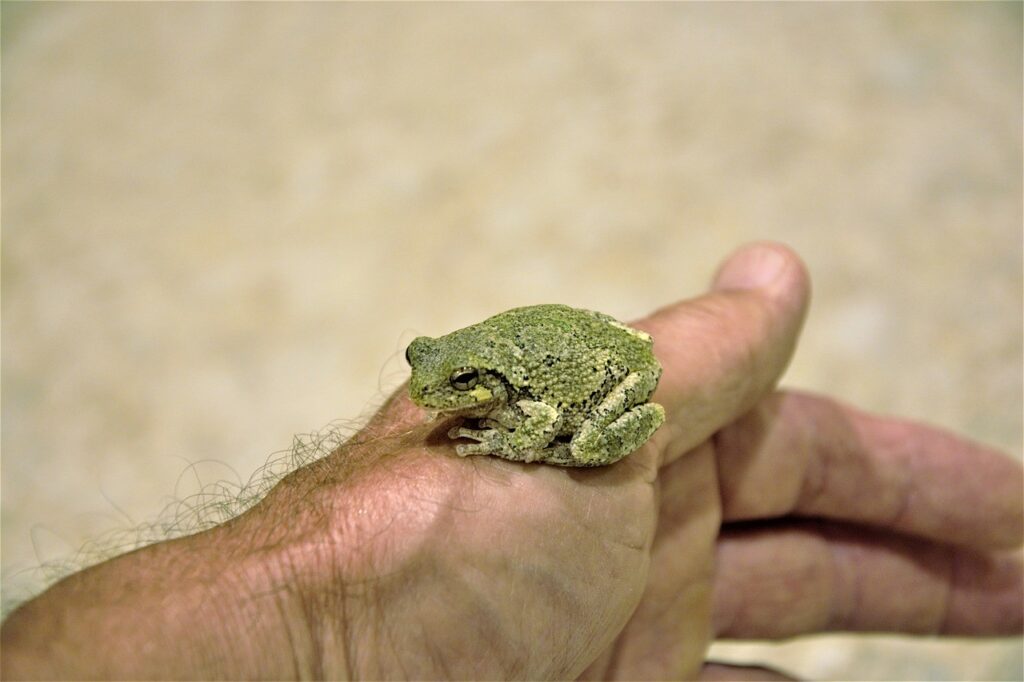Contagious Skin Conditions

When seeing unattractive signs of a skin condition, a person’s first instinct is to distance themselves. If you have an active skin disease, it may take an emotional toll as you experience people reacting to what you see. Those who suffer from skin conditions that are visible to others go to great lengths to cover up the areas infected, but the responsible thing to do is understand which skin conditions are contagious and make efforts not to spread them when infected.
When faced with a skin condition, it is best to have a professional dermatologist check it out because even though most skin conditions are not contagious, some can be passed through contact and the use of a contaminated surface. It is essential to know these conditions and signs to look for to avoid passing or contracting these viruses from person to person.
Board-certified dermatologists offer effective treatments for many contagious skin conditions, including herpes, hand, foot, and mouth disease, ringworm, and warts. Treatments may include topical creams or oral prescription medications to minimize discomfort and speed healing. Diet and environment may also impact the frequency of breakouts of these contagious skin conditions, and a professional dermatologist can guide patients to better skin health for longer-term relief.
Herpes Skin Conditions
Herpes simplex virus (HSV) causes several skin conditions that can be passed from one person to another. Contagious herpes includes cold sores and genital herpes.
Cold Sores Virus
The virus that causes cold sores, often around the mouth, is HSV-1. These small blisters, although not dangerous, often form around the mouth. Other names used for HSV-1 are oral herpes and mouth herpes. These sores are painful and itchy, and as they develop and fill with fluid, they cause those with them to feel self-conscious. People often try to manage these conditions with over-the-counter topical treatments, but they are not always reliable. Dermatologists can prescribe oral medication to prevent sore breakouts and effective topical creams to speed healing.
Usually, they resolve themselves within two weeks in a healthy person, and if not picked at, it causes prolonged natural healing and can increase the chances of the virus spreading.
When a person has a cold sore, it can be contagious and spread to someone without the virus. Those undergoing cold sore treatments can still spread the virus. Until all blisters and sores have scabbed over, there is still a chance of spreading the virus in the blisters. A re-opened blister scab should be thoughtfully cared for to encourage healing and minimize the risk of spreading.
Genital Herpes
The herpes simplex virus can cause genital herpes, which is a sexually transmitted disease (STD). Sexually active individuals are at risk of catching genital herpes, and many who have the virus do not know they have it because they do not experience signs. If a person knowingly has genital herpes, they should not be engaging in sexual activity until their sores have cleared. This condition can be passed through various forms of sexual conduct.
Hand, Foot and Mouth Disease
A virus causes this contagious skin condition and is often used in its acronym form, HFMD. Signs of HFMD include sores in the mouth and itchy rashes on the hands and feet. Close contact with another person with HFMD or by touching a doorknob or other object that is contaminated by the HFMD virus. Depending on regular disinfection measures, the virus can survive on objects and surfaces for hours up to weeks.
Ringworm
The ringworm rash often appears in a circle-shaped pattern that is elevated at the edges and has a scaly texture. Ringworm is common among athletes because those who have had skin conditions including jock itch and athlete’s foot. This skin condition is contagious and may be passed through the shared use of towels. It may stay on shower and locker room floors for weeks, making it a higher risk. Wear shower shoes at the gym or locker room area to minimize the risk of getting ringworm.
Non-Cancerous Warts
Warts have been associated with frogs and fairy tales for centuries. However, the virus that causes these skin growths on the skin’s upper layer is human papillomavirus (HPV); warts are more commonly passed if a person has a cut on their skin. Warts may spread through skin-to-skin contact and can be treated in the office by skilled, licensed dermatologists.
Not all skin conditions are contagious, but being knowledgeable about those may protect against spreading these viruses. When signs of one of these skin conditions appear, it is critical to seek professional diagnosis and advice from a professional dermatologist. Regular cleaning and sanitization methods minimize the risk of viruses passing from one person to another. If you experience what you believe to be signs of a contagious skin condition, contact your local dermatologist. If you live in Atlanta, Buckhead Dermatology offers personal, professional, and tailored solutions to address the discomfort and embarrassment of these outward signs.
Contact Buckhead Dermatology today and get the skin you want in 2025!
